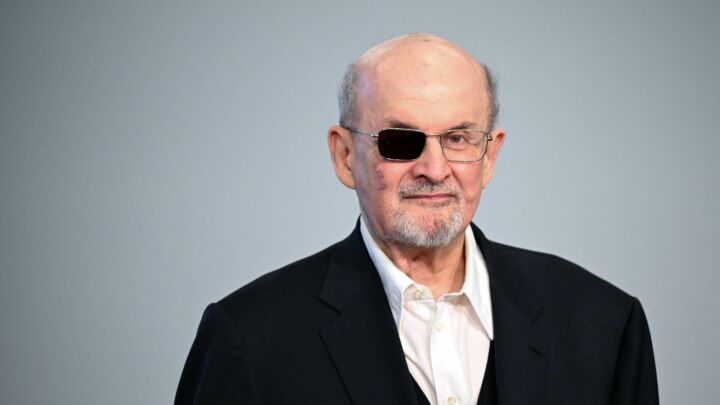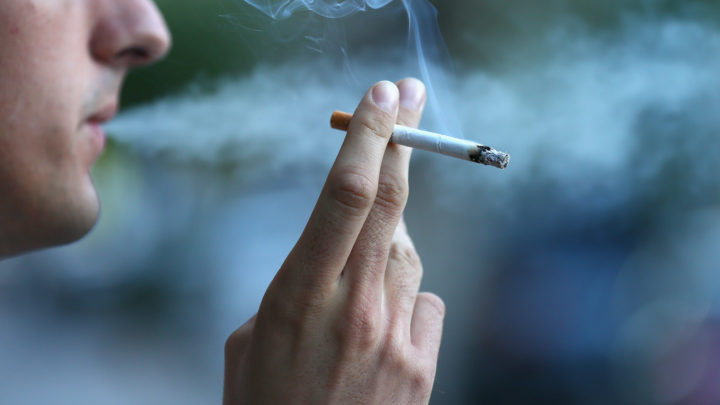Bore us no more about sleaze, please
The most sleazy politician is better than the most squeaky clean commissioner.

The most sleazy politician is better than the most squeaky clean commissioner.
‘Sleaze’ briefly pushed even the war in Afghanistan out of the UK headlines this week. The woman appointed to clean up British parliamentary politics announced that she was leaving her post, and alleged that she had been undermined by government cabinet ministers and other senior figures. A major row ensued over ‘unanswered questions’ about who had done what to drive out Elizabeth Filkin, the parliamentary commissioner for standards.
The most important questions about all of this, however, have barely been asked, never mind answered.
Why, in a democracy, should parliament have any kind of appointed supervisor, regulator or commissioner overseeing its affairs? Isn’t it supposed to be properly and exclusively accountable to us, the electorate?
And why has ‘sleaze’ (shorthand for alleged dodgy dealing by MPs, most of it pretty petty) become such a preoccupation? Whatever happened to political debate about issues?
Senior New Labour figures are now being criticised for allegedly preventing Ms Filkin properly investigating allegations of sleaze. Yet it was New Labour, in cooperation with sections of the media, that made sleaze-busting into such a key issue before the 1997 general election that brought Tony Blair to power.
Sleaze became a big stick with which to beat the Tory government, over the behaviour of fallen ministers such as Neil Hamilton and Jonathan Aitken. But from the moment Blair declared that New Labour in office would be ‘whiter than white’, it was obvious that he had also forged a rod for his own back.
Since then, New Labour has been embroiled in a series of sleaze scandals involving ministers, and now in the row about undermining the parliamentary commissioner (a post that did not exist before the anti-sleaze bandwagon got rolling). Having self-righteously claimed that they would behave more like priests than politicians, New Labour leaders have no grounds for complaint about the way things have turned out.
Now the political class is worrying about who will take the commissioner’s job and what powers they should have. But the real point is that this job should not even exist. In parliament this week, senior Labour MP Tony Wright asked why the House of Commons was the only public institution that gets to appoint and dismiss its own regulator. His question has been quoted all over the place as if it contained words of wisdom. But the answer should be obvious.
The House of Commons is the only public body that is elected. The system of representative democracy makes MPs accountable to demos – the people – not commissioners, ombudsmen or any other ethical policemen. If we don’t like what they do, we can get rid of them. It is not for any unelected official to usurp that responsibility. When it comes to the business of politics, the most sleazy MP is better than the most squeaky clean of commissioners, because politicians can be brought to account through the ballot box. However high-minded it might appear, the anti-sleaze crusade can only undermine representative democracy. Now the talk is of appointing an external regulator to watch over what parliament does.
Parliament already has one unelected ‘supervisor’ or ‘higher authority’ too many – the Queen. The Crown is still ultimately sovereign under the UK constitution, and the Crown prerogative gives Her Majesty’s government the power to wage war (among other things) without consulting MPs, never mind the people. We need reforms that can throw off these old shackles and make government more democratic, not measures to impose new limits on the sovereignty of parliament.
More importantly, to make the idea of living in a democracy mean something we need proper political debate, the clash of contending ideas and visions over everything from international affairs to the health service. That is sorely lacking in the world of parliament today, where parties stand for nothing except acquiring power, and the only thing many MPs appear to care about is their career. In this depoliticised atmosphere, the ‘battle of ideas’ has too often been reduced to a mudslinging contest in which, as we learnt this week, MPs from different parties continually run to the sleaze commissioner like naughty schoolboys, to tell little tales on one another.
Everybody seems to agree that the government’s refusal to act on its anti-sleaze pledges, as evidenced by the treatment of Ms Filkin, will further alienate the public from politics. In fact, this whole narrow obsession with the sleaze issue over the past five years has only served to confirm popular prejudices about politics and politicians. The more we hear about it now, the worse that situation will become.
Whoever takes over Filkin’s chair and takes up the cudgels against the spectre of sleaze, politics will remain in disgrace until democratic debate means something. It would be a start if we could have less talk about sleaze and more politics, please.
Mick Hume is editor of spiked, and is speaking at the spiked conference After 11 September: Fear and Loathing in the West, on Sunday 26 May at the Bishopsgate Institute in London. See here for full details.
To enquire about republishing spiked’s content, a right to reply or to request a correction, please contact the managing editor, Viv Regan.








Comments
Want to join the conversation?
Only spiked supporters and patrons, who donate regularly to us, can comment on our articles.